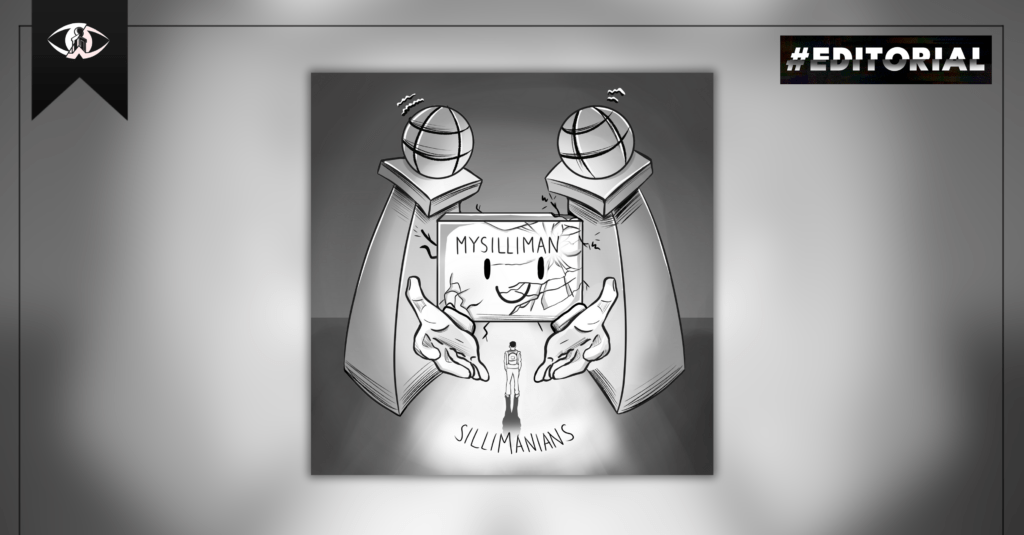The Weekly Sillimanian | February 2, 2024

Silliman University is known for many things—including chronically late enrollment. On paper, Registrar and Admissions Officer Dr. Giovanni Macahig said that enrollment has long lagged to just 50 percent by the time class starts—a problem he says their office has been hard pressed to solve.
The solution, however, may be found not in stricter policies, but in shifting to a system that truly caters to student needs: a truly digital one.
Problems with enrollment and admission processes have long been mentioned from time to time, but recent issues with second-semester enrollment only served to further emphasize this fact. On top of the regular onslaught of late and irregular enrollees, continuing students who enrolled during the height of the pandemic faced their own challenges: the need to submit physical admission requirements.
All these students rushing to Hibbard Hall on the first week of classes thus led to lengthy lines, empty classrooms even after the semester started, and numerous complaints.
The knee-jerk response would be to say that all this is a result of students’ laziness. After all, the admissions office has made considerable adjustments to accommodate students’ circumstances within the limits of their current capabilities.
However, to say that late enrollment is all the students’ fault is not only ignorant of their realities but also unrecognizing of the way technology can and should address longstanding issues before they inevitably erupt.
Silliman’s growing student population that hails from increasingly further places from Dumaguete City means that more and more students will find it cost-inefficient to travel back early just to physically process requirements. Considering many students graduated from senior high schools across the country, the trip to-and-fro along with incidental processing fees leaves students no choice but to cut costs where they can. This includes only traveling back to Dumaguete City at the last possible moment with the hopes of processing going smoothly. Too bad 50 percent of the student body has the same idea.
This semester, some of the chief complaints from students included claims that their documents had been “lost”, being unable to know which requirements they lacked from the mySilliman portal, and long lines with strict cutoff times but without queuing numbers.
Regarding these complaints, Dr. Macahig himself had said that this is caused by “limitation[s] of the system” and the fact that it is “fragmented.”
This is why we call on the administration to seriously consider investing more into digitizing, not only the obviously educational aspects of university operations but also the processes that facilitate a student’s entry to and continued stay in the university—regardless of where they live or their circumstances. Not only could this improve customer satisfaction from the students’ end, but possibly bring much-needed upgrades to the oft-criticized registrar and admissions office.
Even if some processes may never be replaced by an online alternative, a better and more sophisticated online portal can offload physical grunt work. Tracking requirements, processing forms, coordinating between offices, and facilitating queuing or appointments could significantly help students process what they need to faster and with less hassle.
While this suggestion certainly will not take effect overnight, no matter how proactive the administration’s efforts are, let this semester’s enrollment period serve as a wake-up call. The administration must include admission processes in the university’s already existing digitization agenda as a priority, not an afterthought.
Efficient, inclusive, and barrier-free education is what is owed to tuition-paying students, after all.
Otherwise, will we wait until our slow entrance processes become barriers altogether? If this problem is left to fester, the university may run the risk of scaring off possible enrollees—especially those from outside Dumaguete. With its tedious and effectively inconsiderate processes because of a failure to adapt, the future we dreaded might be nearer than we think it is.


